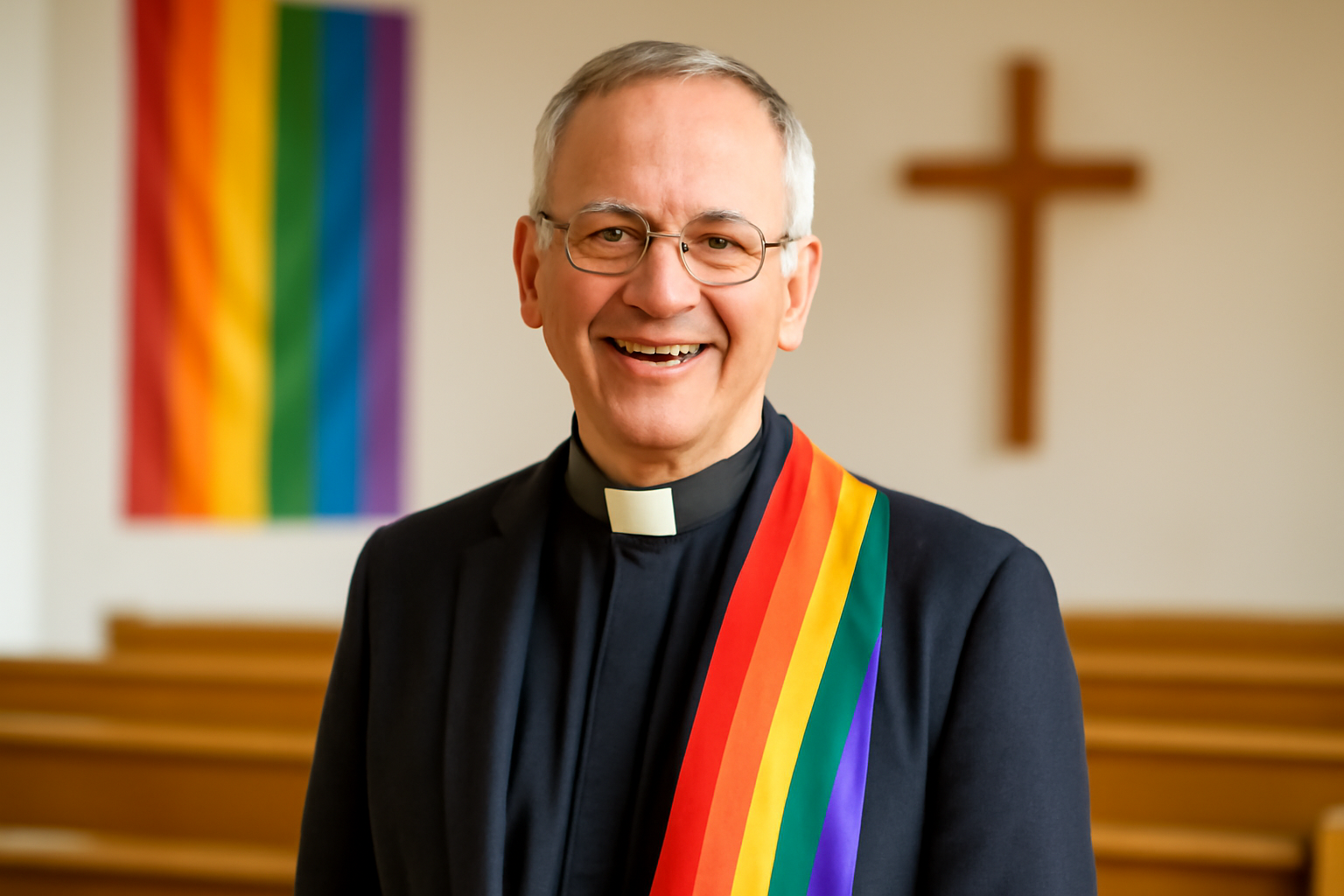
The evolving landscape of religious communities' approach to LGBTQ+ inclusion offers a complex yet promising outlook for the future.
While many faith traditions are grappling with how to integrate LGBTQ+ members into their congregations, recent developments indicate a cautious yet significant shift within certain sectors.
Opportunities for LGBTQ+ Clergy
In recent years, there has been a growing recognition of the need for inclusive practices that embrace LGBTQ+ individuals in religious leadership roles. This is particularly pertinent in contexts where LGBTQ+ clergy have historically faced barriers to acceptance and advancement within religious institutions. As more communities and religious organizations seek to reconcile with contemporary understandings of sexuality and gender, opportunities are gradually emerging for LGBTQ+ individuals to engage in spiritual vocations without the fear of discrimination.
However, the path to inclusivity is fraught with challenges, especially in institutions where traditional doctrines have long dictated the terms of engagement. For instance, while some religious organizations are taking steps towards inclusivity by welcoming gay clergy, they often impose certain conditions that reflect broader cultural tensions and ideological conservatisms. Nevertheless, these developments represent a critical step towards establishing a more equitable and just environment for all members of the faith community.
Navigating Identity and Faith
One of the central challenges facing LGBTQ+ clergy is the negotiation between personal identity and religious expectations. Many faith leaders advocate for a balance that respects individual identity while adhering to the tenets of their faith. This balance is not easily achieved, as it requires ongoing dialogue and a willingness to engage with diverse perspectives within the religious community.
For LGBTQ+ individuals entering the clergy, the journey involves navigating personal belief systems alongside institutional requirements. The integration of LGBTQ+ individuals into clergy roles not only enriches religious communities by bringing a wider array of experiences and perspectives but also challenges existing paradigms that have often excluded marginalized voices.
Steps Toward Greater Inclusivity
Efforts to create more inclusive spaces for LGBTQ+ clergy are gaining momentum. Religious organizations that prioritize inclusivity often engage in intentional practices such as revisiting doctrinal interpretations, providing educational resources, and facilitating open conversations among their members. These practices are essential in fostering an environment where all members, regardless of sexual orientation or gender identity, feel valued and respected.
Organizations dedicated to promoting inclusivity often emphasize the importance of active listening and community engagement in their approach. By embracing a more inclusive framework, religious institutions can model the principles of compassion and acceptance that are central to many faith traditions.
The Road Ahead
While the journey toward full inclusion of LGBTQ+ individuals in religious leadership is ongoing, there is reason for optimism. As more communities engage in conversations about diversity and inclusion, the potential for transformative change becomes increasingly apparent.
The commitment to fostering an inclusive environment not only benefits LGBTQ+ clergy but also strengthens the broader community by promoting a culture of understanding and empathy.
In conclusion, the movement towards greater inclusivity within religious institutions is indicative of a broader societal shift towards recognizing and valuing diversity. By supporting LGBTQ+ clergy and creating spaces for their voices to be heard, religious communities can play a pivotal role in shaping a more inclusive and equitable world.
The path forward requires ongoing commitment and collaboration among all members of the faith community. As these efforts continue to grow, there is hope that religious institutions will increasingly become places where all individuals, regardless of their identity, can contribute to the spiritual and communal life of their community.
Related Posts
Triumphant Trans Woman Wins Legal Battle and Inspires Others to Stand Up for Their Rights
Breaking new ground: a landmark victory in transgender rights After battling in courtrooms and enduring endless challenges, Diana Portillo, a transgender woman, has secured a monumental victory in her decade-long fight against workplace discrimination. The result? Nearly $1 million awarded in a historic settlement. But this isn't just a win on paper—it represents a powerful precedent in combati [...]
Pride Month in Latin America: Protests and Demands for Equality
**Celebrating Pride and advocating LGBTQ+ rights in Latin America** Pride Month in Latin America was a lively mix where celebration met activism. Communities united, not just throwing a party but making a stand—demanding equality and pushing governments toward better protection and rights recognition. Throughout Latin America, pride events erupted in marches and cultural displays, each with a c [...]
Transgender Erasure Actions Implemented by National Park Service
```html Trump administration's impact on national park service and transgender recognition The Trump administration made notable moves in undermining transgender representation, which included directing agencies like National Park Service not include "T" and "Q" when they refered “LGBTQ” in any official communication. This move seems part a broader plan by this administration aimed at reducin [...]